
After introducing the Nursery’s framework and model of bilingual education, we will explain in this article how we use the key person principle and a system of progress tracking to help children settle into the Nursery.
As children grow, it is extremely important for them to form positive relationships with others. The first, and most important relationships a child will form are with those who take care of them and provide for them, usually their parents.
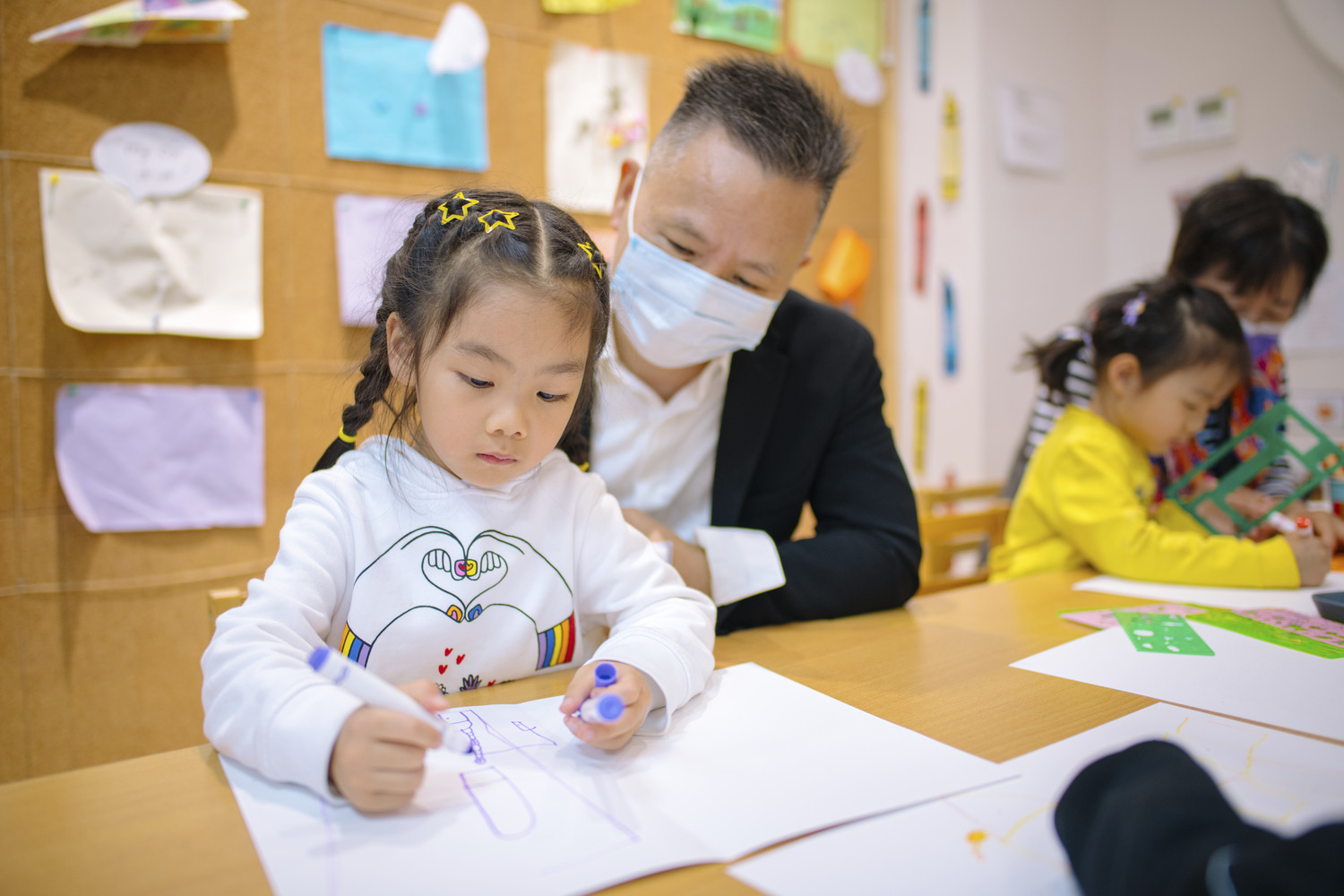
These initial relationships play a part in how children develop emotionally and socially and also lay a foundation for their development into well-rounded adults.
The ‘attachment’ theory explains how a child interacts with these familiar adults. When a child feels confident that their needs are being met (both physically and emotionally) they will feel safe, comfortable and willing to explore. If a child does not have this sense of trust in their surrounding adults, they may feel anxious or unsure.
This is quite often the case when our youngest children start Nursery in EY1, as it is usually the first time they are separated from their main carers for extended periods. In order to make sure that our EY1 children settle as quickly as possible, we will often identify a key person for them.
This is an adult with whom the child can form a strong relationship; they are a familiar figure who will respond sensitively to the child’s feelings and behaviours.
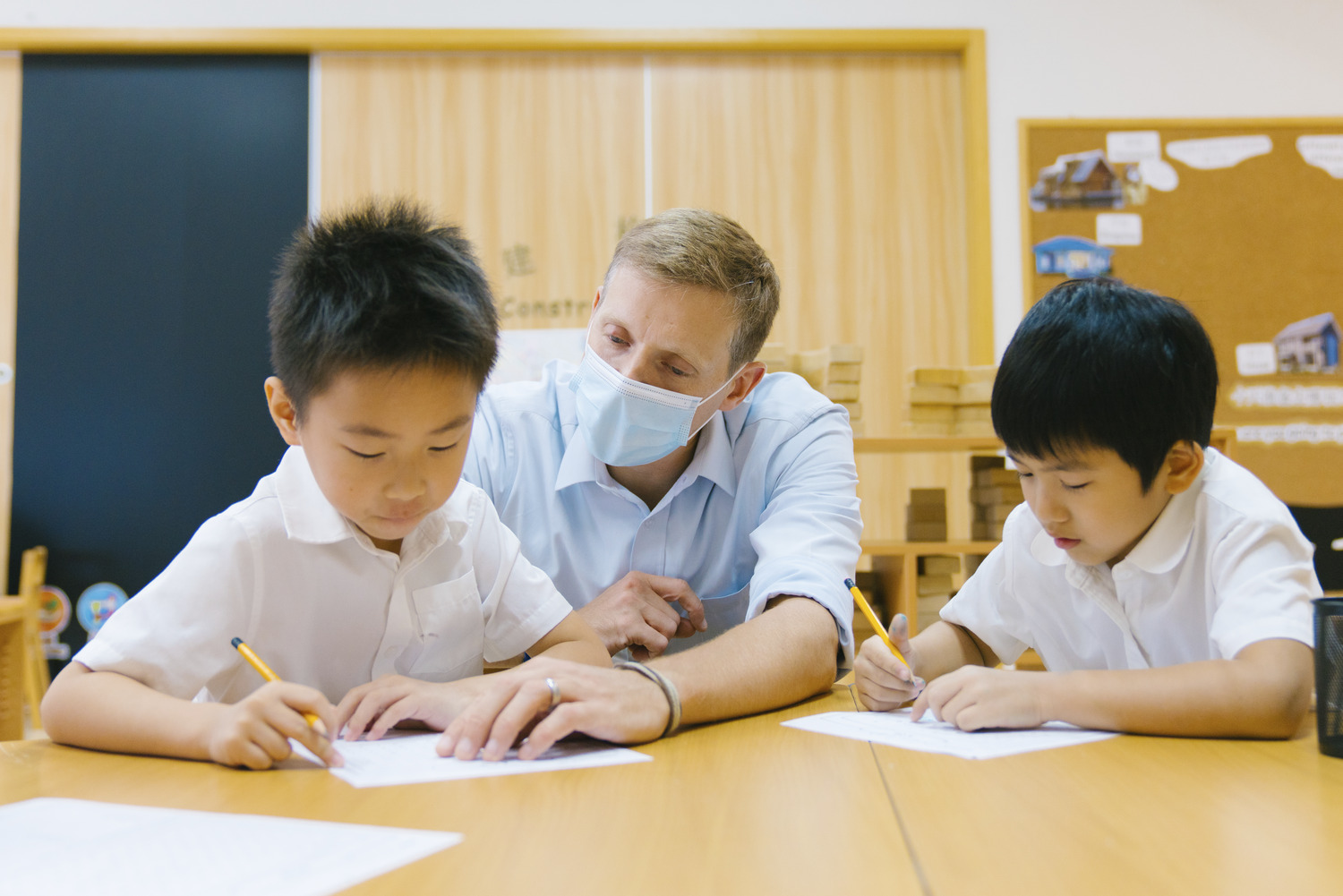
Over time, the child begins to trust their key person, approaching them independently for help or comfort which in turn helps them to feel safe and happy in their new surroundings.
In order to plan for our pupils to make as much progress as possible and achieve what they are capable of, we spend lots of time playing alongside them, engaging in conversations and finding out about them as individuals.
By doing this we can establish what a child is able to do and what they need support with. Ongoing, daily observations allow us to form a picture of the whole child and track their immediate progress within our seven areas of learning.
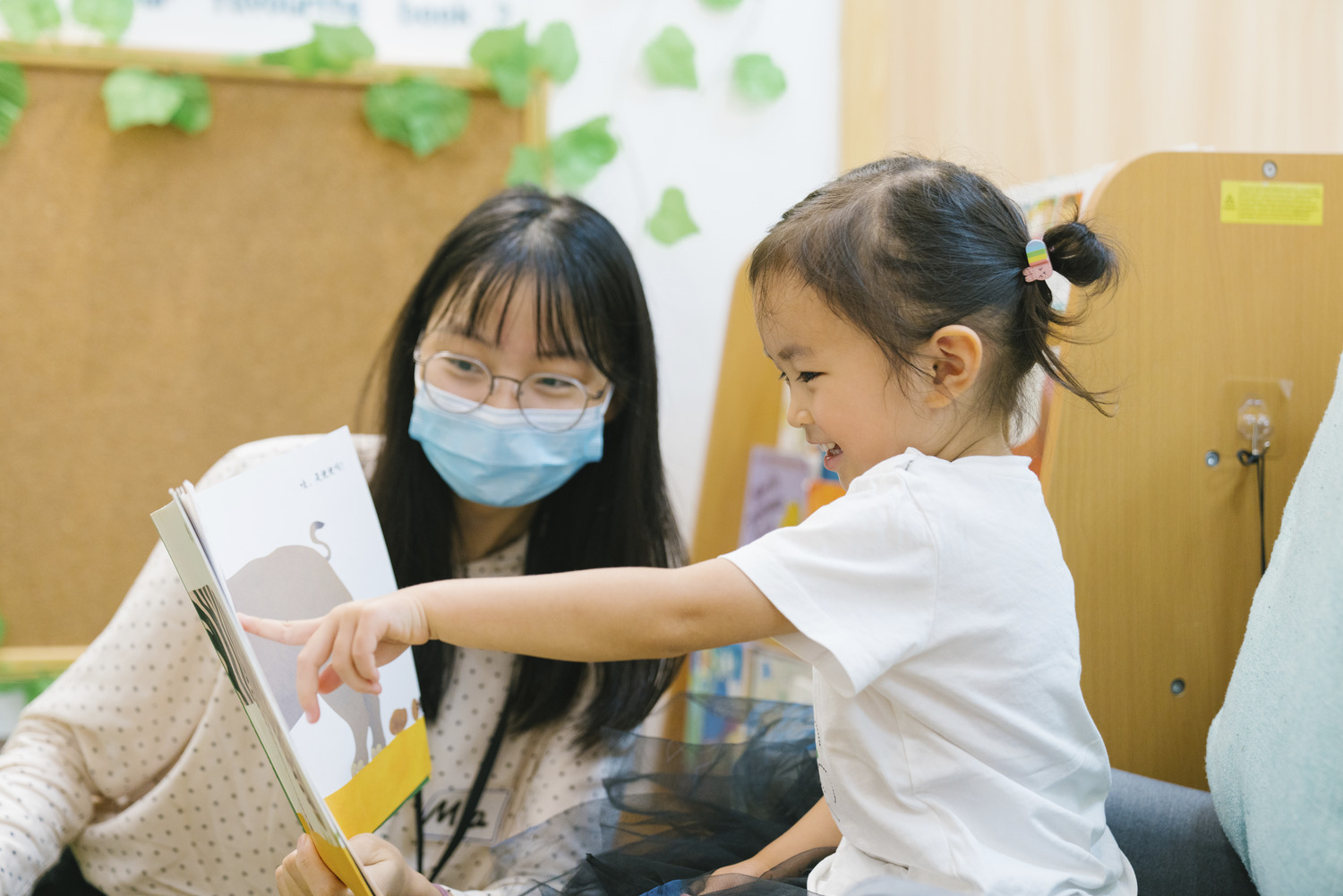
In EY1, EY2 and EY3, teachers will record an observation of each child every week in their individualised ‘Learning Journey’. The observation will narrate the development of a skill, a piece of new learning or a ‘wow moment’ and often include a photo.
In EY4, the ‘Learning Journey’ is replaced by a scrap book where children can record their own learning and begin to reflect on their own progress. Learning Journeys are shared with families and provide a great opportunity for all involved in the child’s life to look back on the progress they have made over the year.
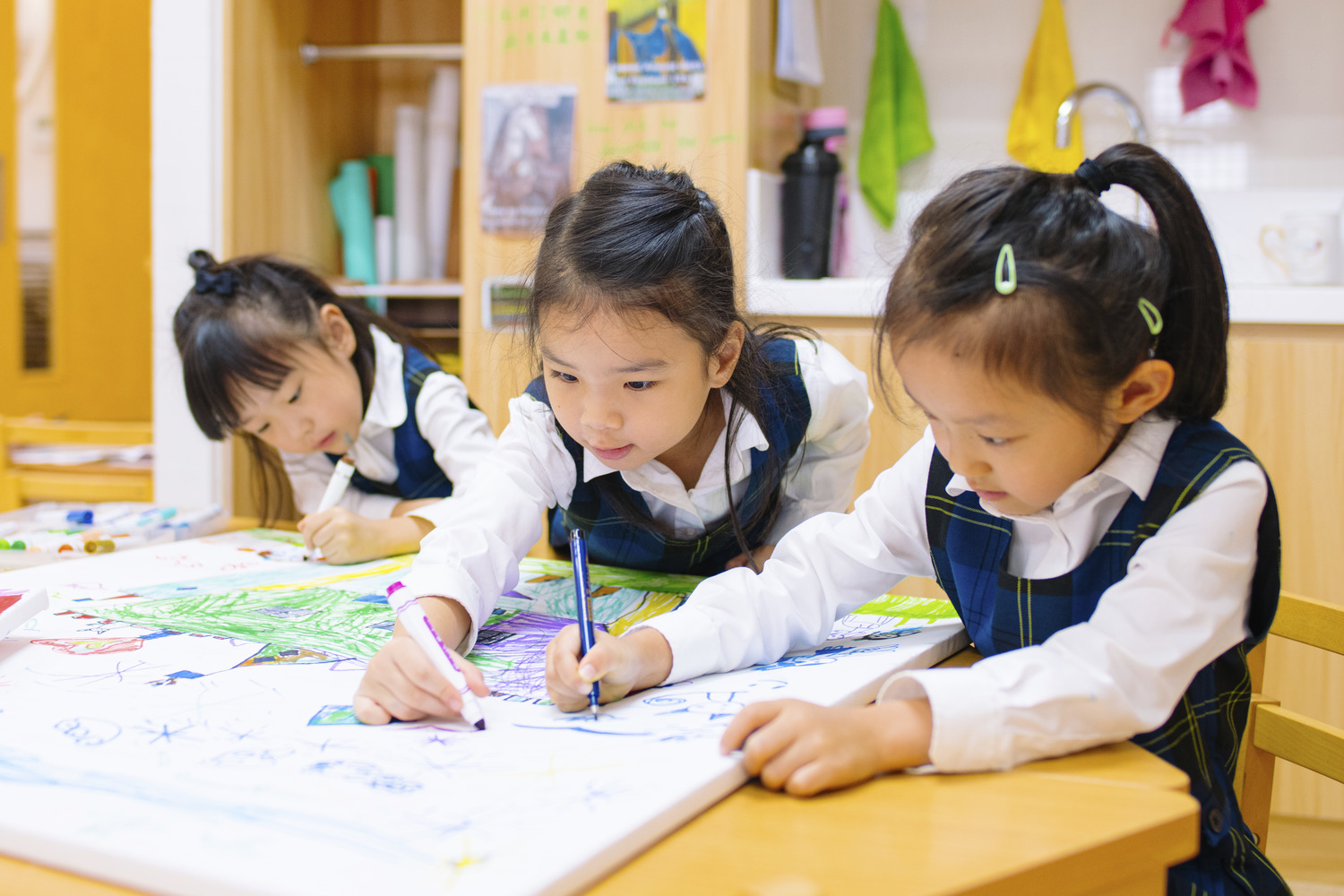
At the end of every term, we look closely at the progress our pupils have made against our framework and identify individual strengths and areas for development.
If a child is struggling to meet, or is exceeding developmental milestones, focussed interventions are put into place to accelerate or maintain their rates of progress.
Open discussions are held with families to maintain strong links between Nursery and home and make sure that any necessary support surrounding the child is consistent.
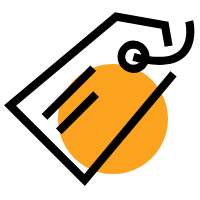
By paying close attention to the children’s holistic development and spending the time to get to know our pupils as individuals. Huili Nursery provides an environment to help them become the very best version of themselves.